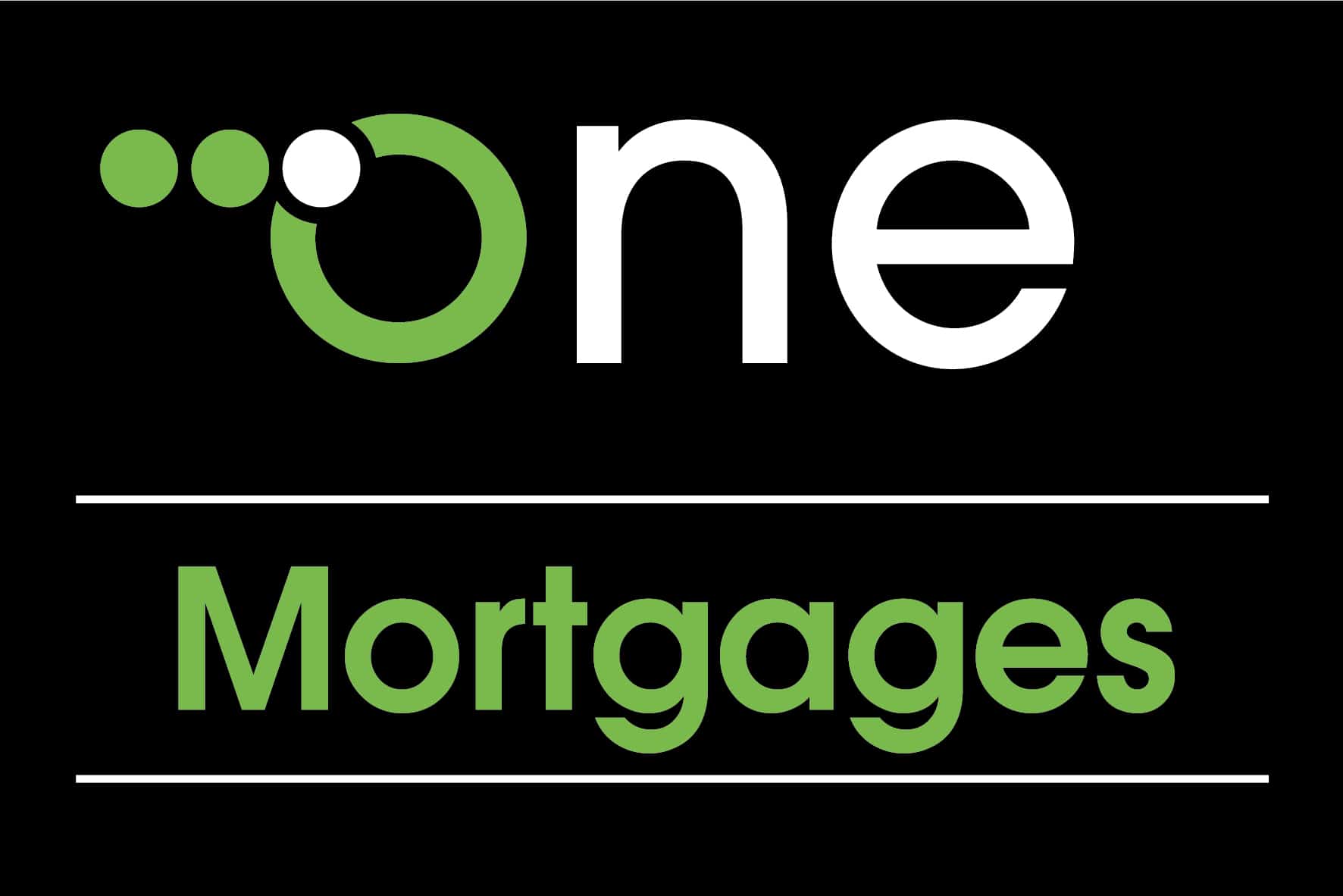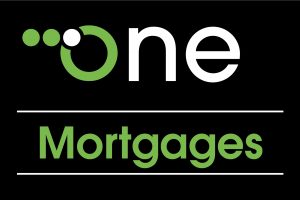Remortgage
- Get in touch for a free, initial consultation
- Speak to a specialist 5* rated adviser
- See if we can find you the right solution
Get in touch for a free, no-obligation chat about how we might be able to help you.
Home » Remortgage
Remortgaging - What You Need to Know
What does remortgaging mean?
Why should I remortgage?
How to get the best remortgage deal?
What type of remortgage should you choose?
When choosing to remortgage your property, make sure you explore all the options instead of sticking with what you already have. As well as the standard repayment mortgage the most popular options when remortgaging are a fixed-rate mortgage, a standard variable rate SVR, or an interest-only loan. Each of these options has its own benefits, so depending on your requirements, one may be better than the other. Make sure you check the fees payable for each, any penalties you may incur such as an early repayment charge, and what the cost will be to you.
What fees will there be if you remortgage?
Before remortgaging your property, make sure you have checked the terms and conditions of your current mortgage. More likely than not, there will be fees which may affect your decision making. Your current contract may require you to pay an early termination fee if you pay off your mortgage early. Bear in mind that, in most cases, there will be fees to pay in relation to your new mortgage. These could include:
- Early termination fee payable to your current lender
- An exit fee payable to your current lender
- Potential mortgage fees
- Mortgage broker fee
- Valuation and conveyancing fees
Will I be credit checked?
Watch out for overpriced add-ons
Benefits of using a mortgage broker
Why One Mortgages, Protection and Estates?
- Simple Process
- Tailored & Honest Advice
- Great Service
- Whole of Market Access
- Out of Hours Appointments & Home Visits

Call us now on 0113 208 3308
to find out more or arrange a consultation.
Based in Leeds, One Mortgages & Protection Limited offers impartial and unbiased advice to customers UK wide, no customer is too far away to help.

